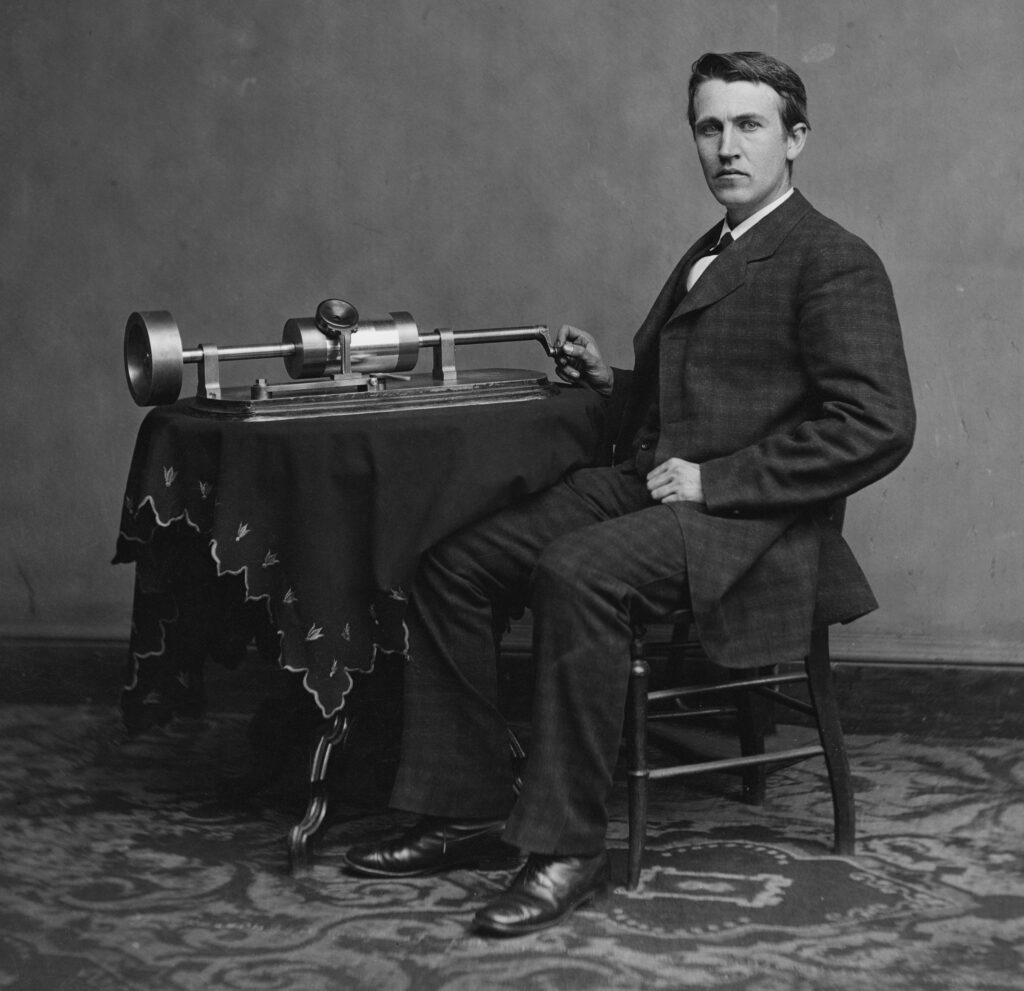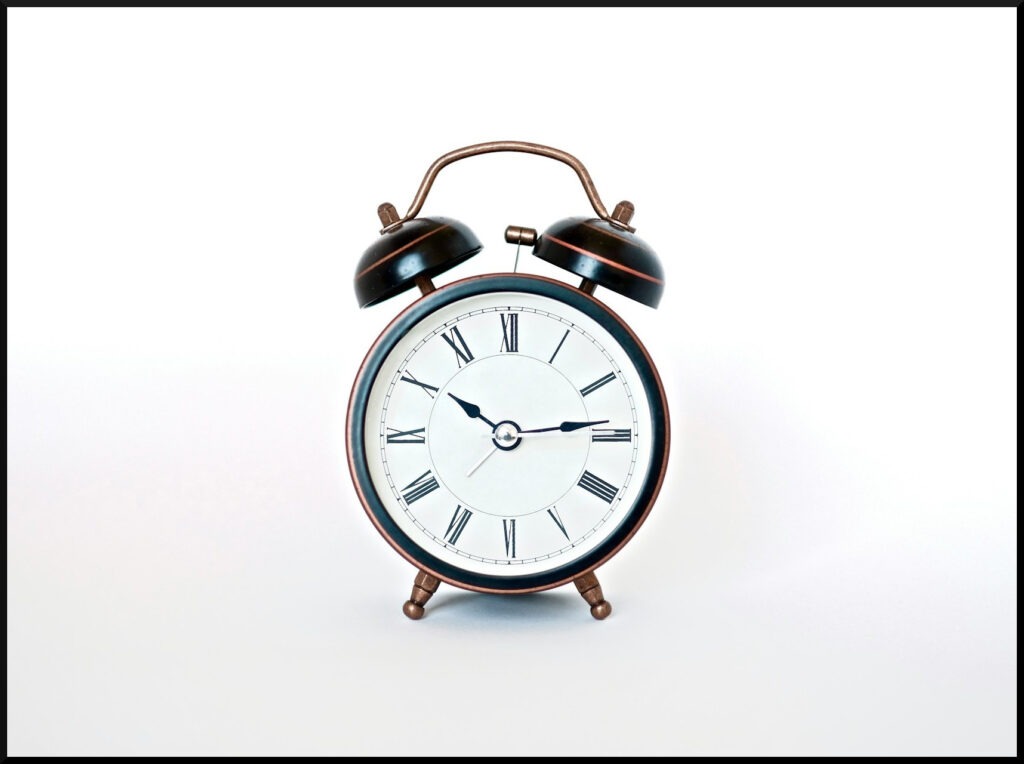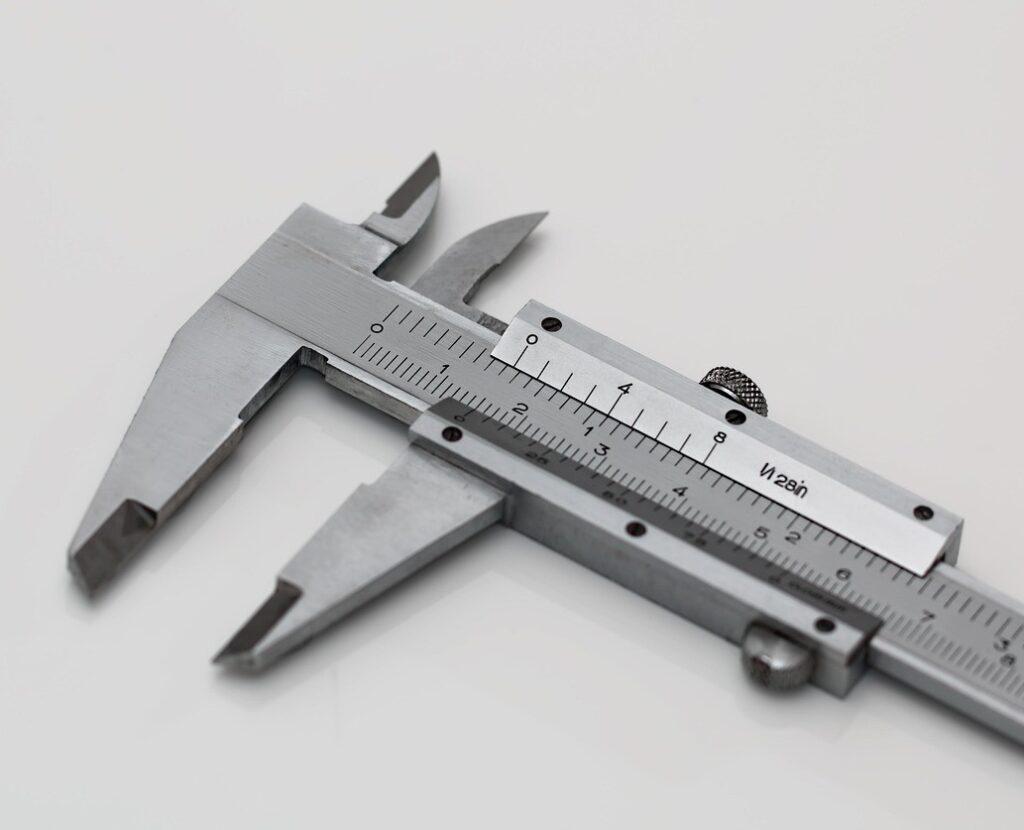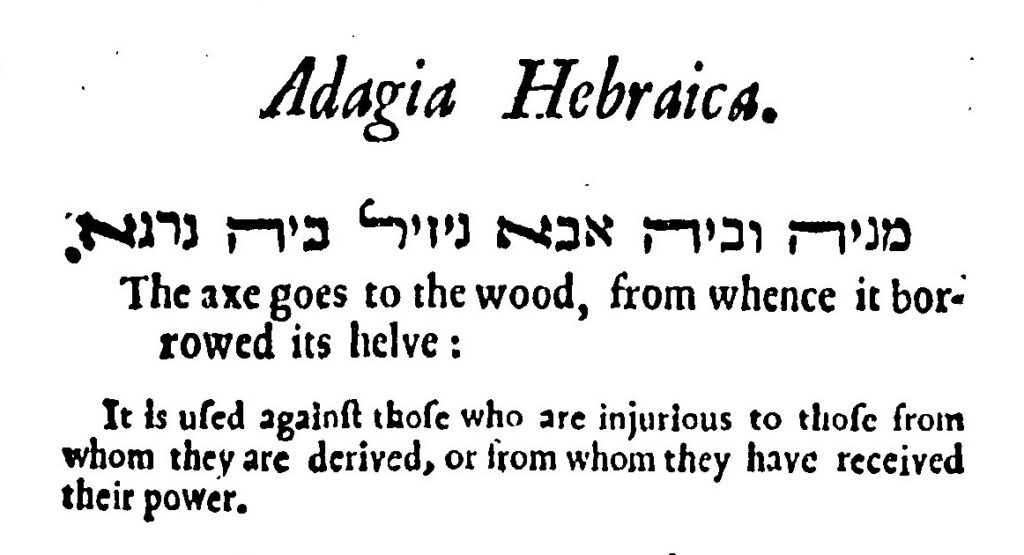Thomas Robert Dewar? Anonymous?

Question for Quote Investigator: A wit once said that he disliked paying income taxes, but the alternative of not paying income taxes was even worse. No payment implied no income, and that would be a terrible situation.
This quip has been attributed to Scottish whisky distiller Thomas Robert Dewar. Would you please help me to determine if this ascription is accurate by finding a citation?
Reply from Quote Investigator: In October 1927 Thomas Robert Dewar delivered a speech at the Poultry Club in London. The article about the event in the “Daily Mirror” newspaper of London used the subtitle “Lord Dewar’s Epigrams”. Here is a sampling of five remarks from Dewar’s address. Boldface added to excerpts by QI:1
Sometimes a pessimist is the man who backed an optimist.
The optimist is certain of going to Heaven; the pessimist is certain he won’t like it even if he gets there.
Experience is what you get while you are looking for something else.
The one thing that hurts more than having to pay income tax is not having to pay income tax.
When the time comes for the meek to inherit the earth, taxes will be so high that they won’t want it.
Articles about Dewar’s speech appeared on the same day in several newspapers including the “Daily Record”2 of Glasgow, Scotland and the “Newcastle Daily Journal”3 of Newcastle, England. These articles included the quip about taxes. Thus, there is solid evidence that Dewar spoke this joke in October 1927, but there is also evidence that the joke was already in circulation.
For example, in January 1927 “Smith’s Weekly” of Sydney, Australia printed a column called “The Melting Pot” which contained the following item without attribution. The phrasing was slightly different because it used the word “paying”:4
If there’s one thing that hurts more than paying income tax—it’s not having to pay income tax.
Another example of a saying that was in circulation before Dewar’s October 1927 speech is the following which appeared in the “Toledo Weekly Blade” of Toledo, Ohio in May 1923:5
Experience is what you get while you are looking for something else.
Hence, QI believes Dewar originated some epigrams, but he also repeated some existing epigrams.
Below are additional selected citations in chronological order.
Continue reading “Quote Origin: The One Thing That Hurts More Than Having To Pay Income Tax Is Not Having To Pay Income Tax”








